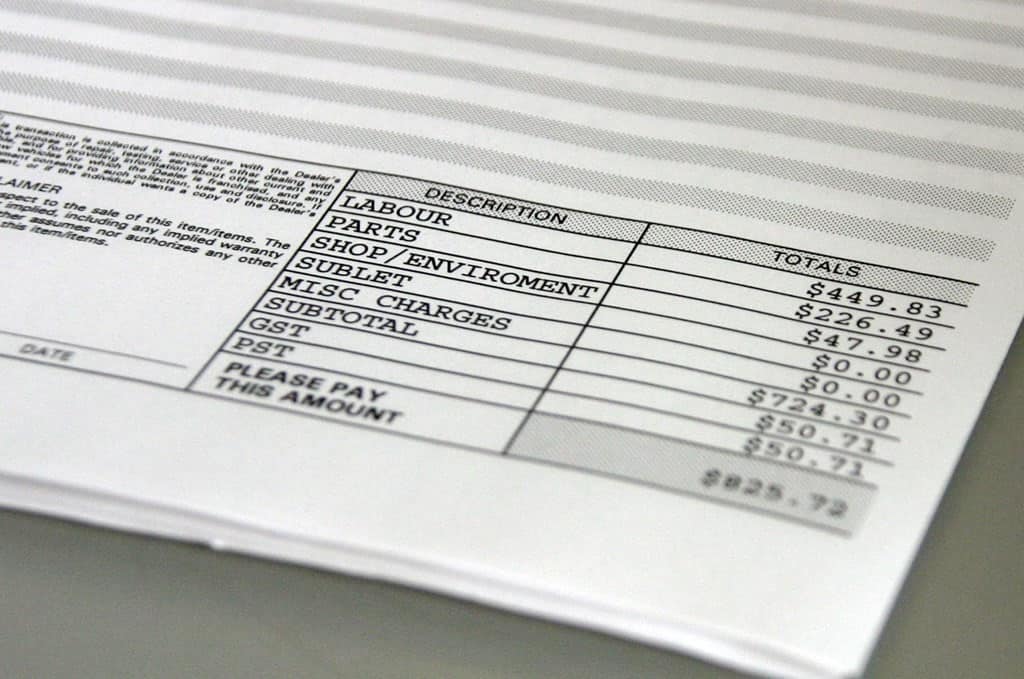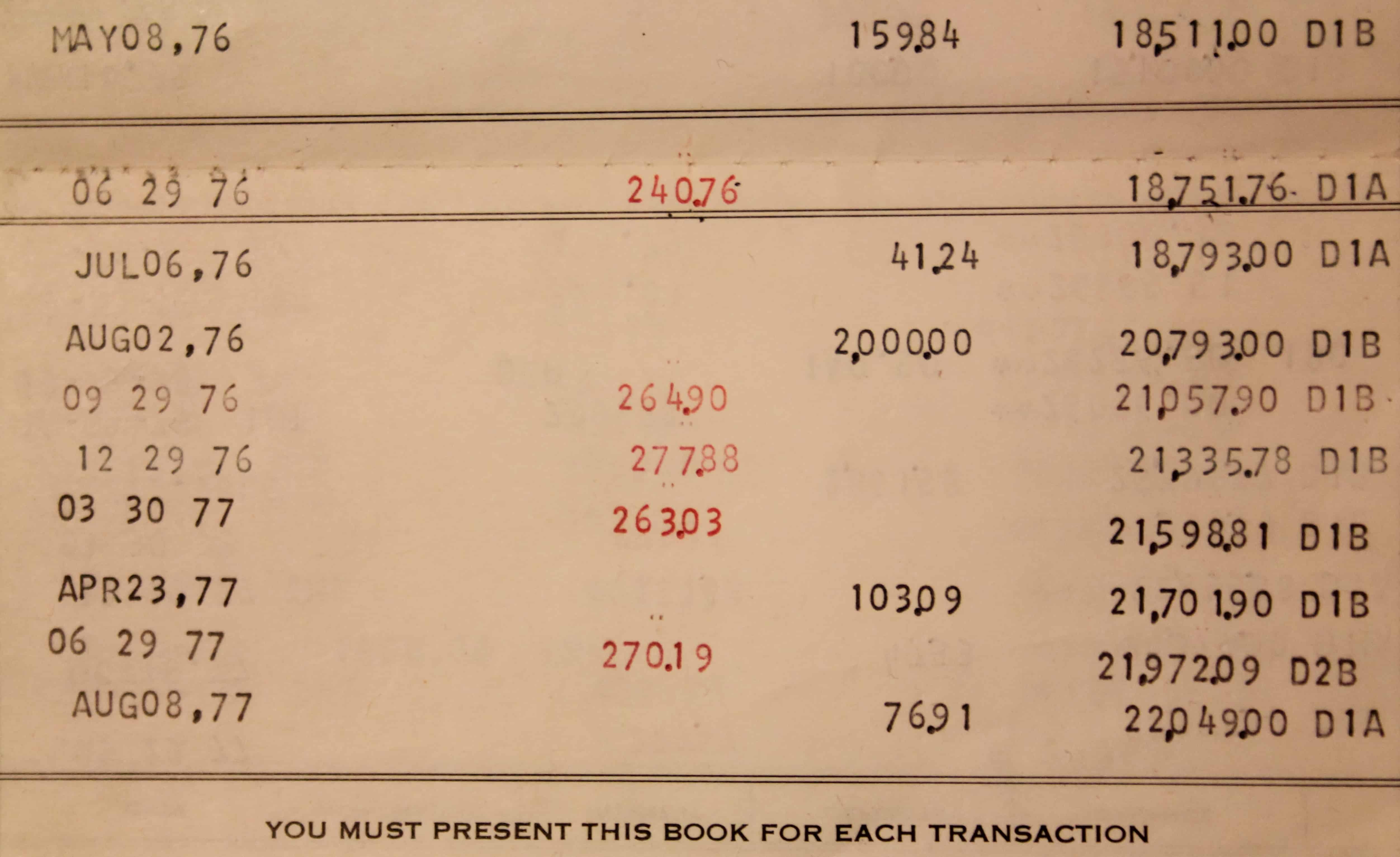Want to know a cool and simple way to market your law practice? Invoicing could be your best bet.
Billing. It’s something that is seen as a necessary evil in legal practice. When it occurs, there is often that tense and awkward moment for both the client and the attorney and it can be made even more confusing if the charges are not communicated effectively.
Money always complicates a relationship no matter which way you look at it. It’s a chore to discuss, but doesn’t have to be dreaded as long as the discussion is timely and open.
Why not remedy the dread of the billing process and turn it into a marketing opportunity? It can be an additional avenue for client communication that if executed appropriately, can result in the opportunity for a referral in the future.
You don’t have time for mistakes.
Think of an invoice as a representation of your reputation. Even a small mistake in billing can damage your reputation because of a client’s loss in trust.
Incorrect billing will only perpetuate the notion that lawyers are greedy, so make sure that everything is correct for your reputation’s sake.
Many invoice generation computer programs, such as Quickbooks, provide a one-size fits all template for a small business’ billing needs. If you’re using an invoice that could also be used by an auto-repair shop, it’s probably not your best option. You should think about what information you want to give to clients and what’s unnecessary. Then, customize your template to reflect these changes. Either learn how to use your technology, or just don’t use it at all. Technology is not fool-proof and client confidentiality is at stake. Proofread and double-check everything that leaves your desk.
Be aware of the messages your itemizations send to clients.
A clear outline is probably the most desirable route to go with client billing as clients want to understand exactly what and why they are being charged. If they cannot figure out why a charge is presented to them, the immediate reaction will almost always register as negative.
A simple invoice is key for the client to understand clearly and it makes it easier for the attorney to explain. Tension can arise from confusion, even if there is a simple mistake.
When a lawyer refers to a task, it should be the same as a vocal statement on the invoice. For example, if you call it “drafting” it should say that on the invoice. Make sure it is detailed so the volume of it can be understood.
Being vague on an invoice may cause unwanted criticism. Notes are important in this case and it’s important to be detailed without overload and simplistic without being vague.
Avoid any other non-specific terms that the client may perceive as excessive. We’ve listed a few here:
- Conference. (With whom?)
- File Review. (Shouldn’t you be up-to-date?)
- Phone Call. (With whom?)
- Left Voicemail. (How long did the message really take to leave?)
- Attempt to contact. (Why was it an attempt? Whose ‘fault’ was that?)
Also beware of the following itemized expenses:
- Clerical work. (If the work is administrative in nature, it should not be charged at the same as attorney work.)
- Routine overhead. (Don’t try to sneak this in. These costs should be absorbed.)
Communicate your worth to your client.
Keep your billing straight forward and always check it. Mistakes happen, but and excessive charge can turn a client’s trust and create distrust. It not only embarrasses you as an attorney, but hurt your reputation. In the end, it could potentially hurt your referral stream.
Finally, you should show progress with each itemization. If you’re doing a lot of work for a client that may seem redundant, show your progress in each line item. Instead of two entries labeled “Review of corporate finances,” list them as “Review of corporate finances: 2000-2001” and “Review of corporate finances: 2002-2003.” This issue can be avoided by concentrating your time. Clients would rather pay for larger blocks of time than a few minutes here and there.
Your billing process needs to be marketed.
Updating your client on billing in addition to actual legal matters is highly important. Especially in law, time is money, and people want to know that the work is getting done by the person hired to do the job.
When a client is billed before they are even aware of a job being done it can feel like a rug is being pulled out from under them, resulting in hurt chances of receiving a further referral.
Consistency in all communication is essential and helps to solidify trust in you as an attorney and as a businessperson.
The best way to provide information to your clients and to market to them during the billing process is to provide a cover letter with your invoice. This cover letter should detail the value you are providing to the client. The information you provide is the only way your client will know how you’re spending your time and their resources.
Explain the research you’ve done and what it takes to do your job. Tell the client about the progress you’ve made on their matter. If you wrote off or discounted time, inform the client exactly why he or she does not have to pay for it. Include on the invoice an itemization of all of the time you worked, along with a redaction of the time you’re writing off so that the client can see what the total was before the write-off.
The two most important things to get right in the cover letter/invoice package are:
1. Thank the client for his/her business.
2. Send the bill in a timely manner. (Studies show this greatly increases the likelihood of payment.)
Keeping the bottom line in mind.
You might not know when a client is dissatisfied. A client might feel that he or she is being overcharged for your services even when that’s not the case, and the client might not bring this up with you. Most clients don’t want to cause trouble and are afraid of what will happen if they dispute bills.
The consequences for you may not be so subtle. The client will simply stop referring you and will no longer use your services for their next matter.
The bottom line: don’t surprise your client.
Having that difficult conversation, whether it be in person or over the phone, is much easier than sending an invoice with astronomical fees that the client didn’t know about and will question immediately.
Reach out to the client before they reach out to you about an invoice statement. They may pay without questions and never use your services again or they may bring it up in an uncomfortable phone call. Don’t leave yourself open to those possibilities. Both will result in a loss of client and potential referrals.






